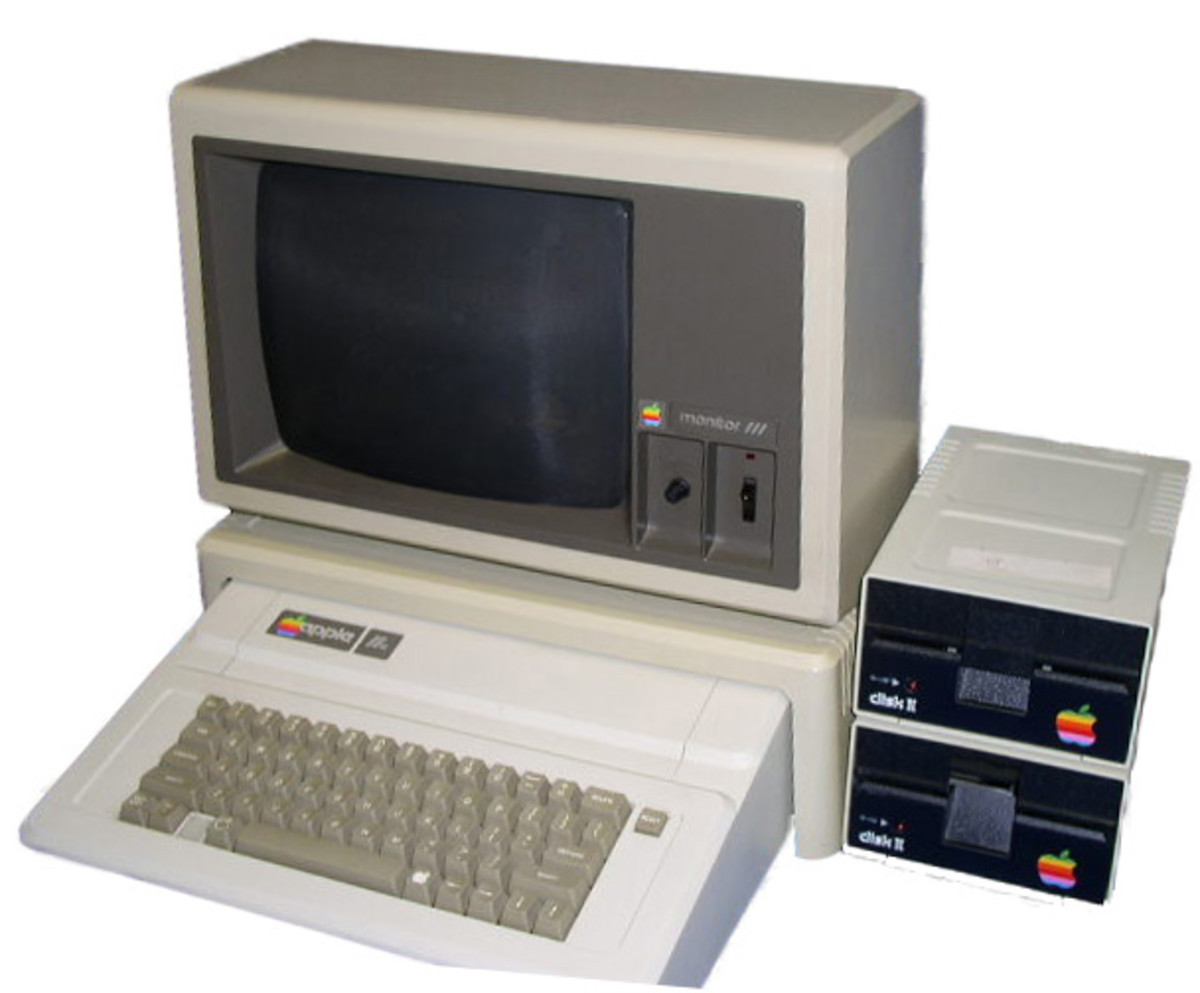

Lawyer Gautam Bhatia, who reviews sci-fi novels for Strange Horizons, the online speculative fiction magazine, sees Clarke as an important figure in the history of science fiction. For Arnab Bhattacharya, physicist and professor at the Tata Institute of Fundamental Research, Clarke’s believably technical descriptions and “hard-on-the-science writing, without the gimmickry of faster-than-light travel or inter-species romance,” were “just what a budding scientist could look for in a hero.” He was even an undersea explorer, discovering the ruins of an ancient temple in Trincomalee – the closest he got to encountering a new world.Ĭlarke, along with Isaac Asimov and Robert A Heinlein, dominated literary science fiction between the 1960s and 1980s, defining the genre of the age. He was a radar instructor and technician during World War II. The son of a farmer and a post-office telegrapher, he showed an early interest in the sciences. He was a scientist, science fiction author, inventor and futurist. And to legions of sci-fi fans, he’s the English author whose breadth of imagination gave them parallel universes, deep-space voyages and alien forms with complex emotions and societies.įor most of his 90 years, Clarke - who would have turned 100 on December 16 - kept busy. To politicians, he’s the pacifist advocate of science and technology who remained fiercely critical of nuclear weapons.
To film fans, he’s the one who dreamed up 2001: A Space Odyssey, with Stanley Kubrick. To futurists, he’s the brain behind some remarkably spot-on visions of the future.

To techies, he’s the man who, at 28, imagined a futuristic satellite technology so clearly, that NASA developed it in just 15 years.

What made Arthur C Clarke so cool?(Sudhir Shetty/HT) What you think of Arthur Charles Clarke, depends in large part on who you are.


 0 kommentar(er)
0 kommentar(er)
